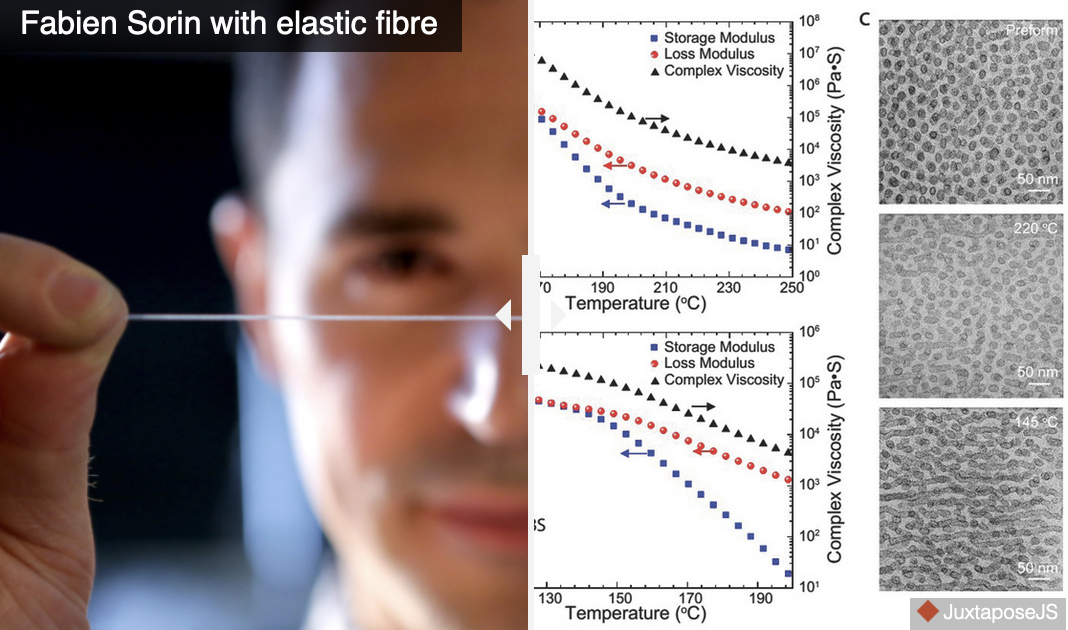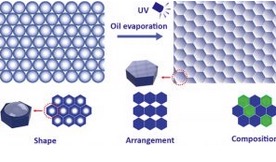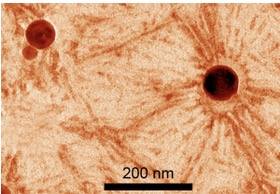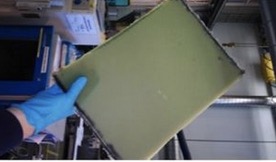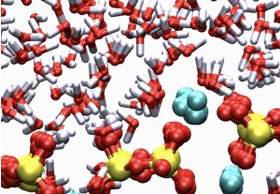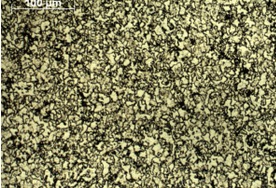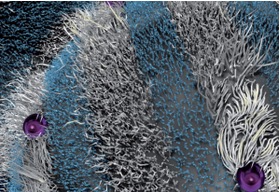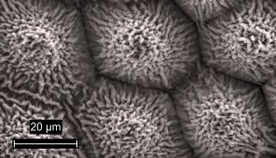Synthesis and processing at the Institute of Materials Science and Engineering
The synthesis and processing of materials in various shapes and at different length scales is at the heart of materials science and engineering. Technological breakthroughs often entail an innovative material that must be associated with the proper processing approaches to be integrated into life-changing devices or higher performance parts. For example, modern telecommunication relies on silica, a material that transmits light very efficiently at certain wavelengths. However, without the development of methods to process silica into long and uniform fibers, it would not have been possible to fabricate the billions of kilometers of optical fibers required to form the internet grid. The science and engineering of materials synthesis and processing is thus essential for the development of novel technologies, but it also constitutes an important asset in the discovery of new phenomena in more fundamental sciences.
Our institute is at the forefront of research into the synthesis and processing of all classes of materials, in order to exert control of structure formation over a wide range of length scales. Our researchers investigate fabrication methods for soft matter at the nanoscopic and microscopic length scales, for instance, via supramolecular self-assembly, nanoparticles engineering, DNA templating, or advanced microfluidic methods. The synthesis of hyperbranched polymers and polymer brushes, the thermal drawing of polymer fibers, the molding of polymer matrix composites or the additive manufacturing of polymers or metals are other examples of innovative multi-scale processes developed in our institute.
In addition, we study a variety of advanced fabrication methods for glass and ceramic thin-films, semiconducting nano-objects, and quantum materials. Moreover, our institute gathers leaders in more traditional yet equally important fields such as innovative metal forming processes or modern concrete technologies. At the Institute of Materials, we can also rely on expert researchers and state-of-the art facilities to characterize the materials and to establish processing-microstructure-property relationships, from atomic to macroscopic scales.
Other advanced manufacturing methods, often linked to the Industry 4.0 (or smart factory) concept, include – besides additive manufacturing – in-situ synthesis, inkjet printing, composite processing, and advanced fibers and textiles. A list of specific research areas is given below with links to the relevant laboratories.
Key research themes
- Microstructure design in metals and alloys
- Health and smart fabrics
- Multiscale modelling
- Composite processing
- Smart materials
- Drop-based processing
- Processing-structure-property relations
- Polymer synthesis and functionalization
- Supramolecular chemistry

